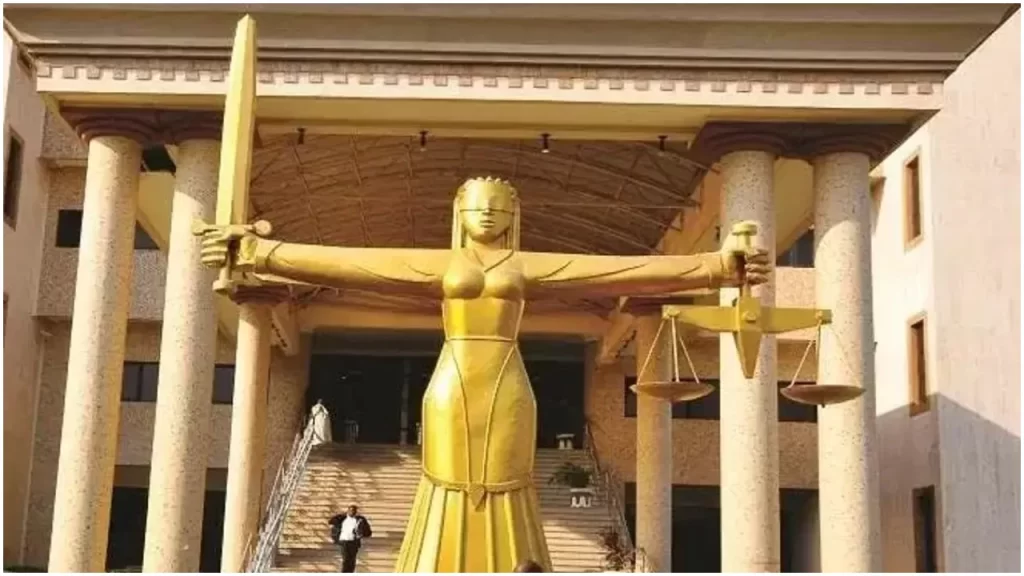
In a significant legal development, a Federal High Court in Abuja has issued a directive compelling the Attorney General of the Federation and Minister of Justice (AGF) to reopen investigations into the murder of Dele Giwa, the renowned founder of Newswatch Magazine, who was tragically killed in 1986.
The court’s ruling, delivered by Justice Inyang Edem Ekwo, underscores the imperative for accountability in cases of violence against media practitioners.
Dele Giwa met his untimely demise on October 19, 1986, when a letter bomb detonated in his Lagos office, shocking the nation and sending ripples through the journalistic community. Decades later, the quest for justice has been reignited as the court mandates the AGF to revisit the investigation and prosecution of those responsible for Giwa’s assassination.
Justice Ekwo emphasized the legal obligation incumbent upon the Chief Law Officer of the Federation to pursue justice vigorously, particularly in cases of violence targeting media professionals. Quoting from the judgment, Justice Ekwo stated, “The Chief Law Officer of the Federation is under obligation to prosecute and penalize killers of media practitioners in the country.”
The court’s ruling extends beyond the confines of Giwa’s case, with broader implications for the protection of journalists nationwide. In its verdict, the court ordered that not only the killing of Dele Giwa but also the murders of other journalists in the line of duty must be thoroughly investigated, and the perpetrators brought to account in accordance with the law.
READ ALSO: Police Demand N50,000 Bribe from Family to Trace Kidnapped 60-Year-Old in Abuja
The legal proceedings stemmed from a suit filed by the Incorporated Trustees of Media Rights Agenda (MRA) against the AGF, seeking redress for perceived violations of media practitioners’ fundamental rights to safety. The 1999 Constitution of Nigeria and African Charters on Human Rights serve as the legal foundation underpinning this quest for justice.
In his judgment, Justice Ekwo highlighted the imperative for the Federal Government to prioritize the protection and safety of journalists, as enshrined in constitutional provisions and international human rights instruments. Quoting specific legal frameworks, he emphasized the need to safeguard the lives of journalists, stating, “The Federal Government must ensure adequate protection and safety of journalists’ lives as enshrined in sections 33 and 39 of the Constitution, as well as Articles 4 and 9 of the African Charters on Human and Peoples Rights.”
The court’s decision aims at reasserting the principles of justice and accountability in the face of attacks on press freedom.


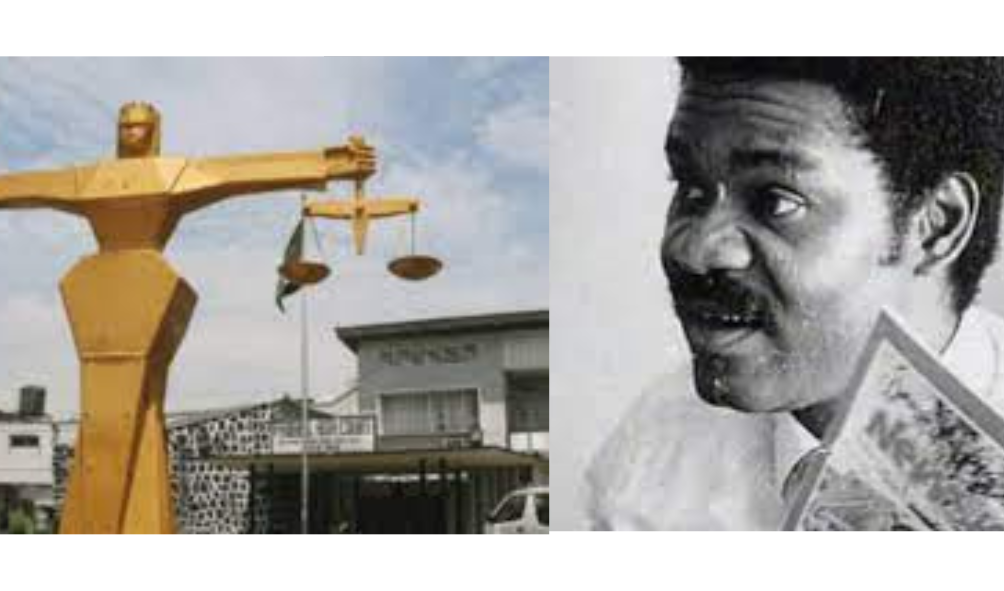
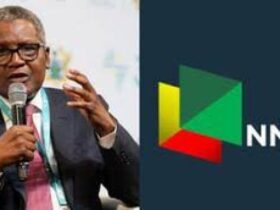
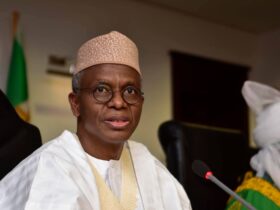

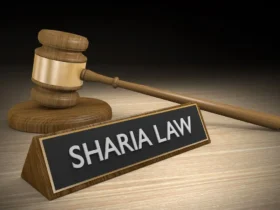
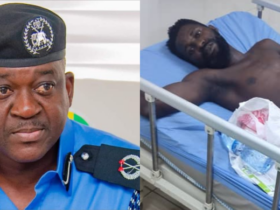
Leave a Reply